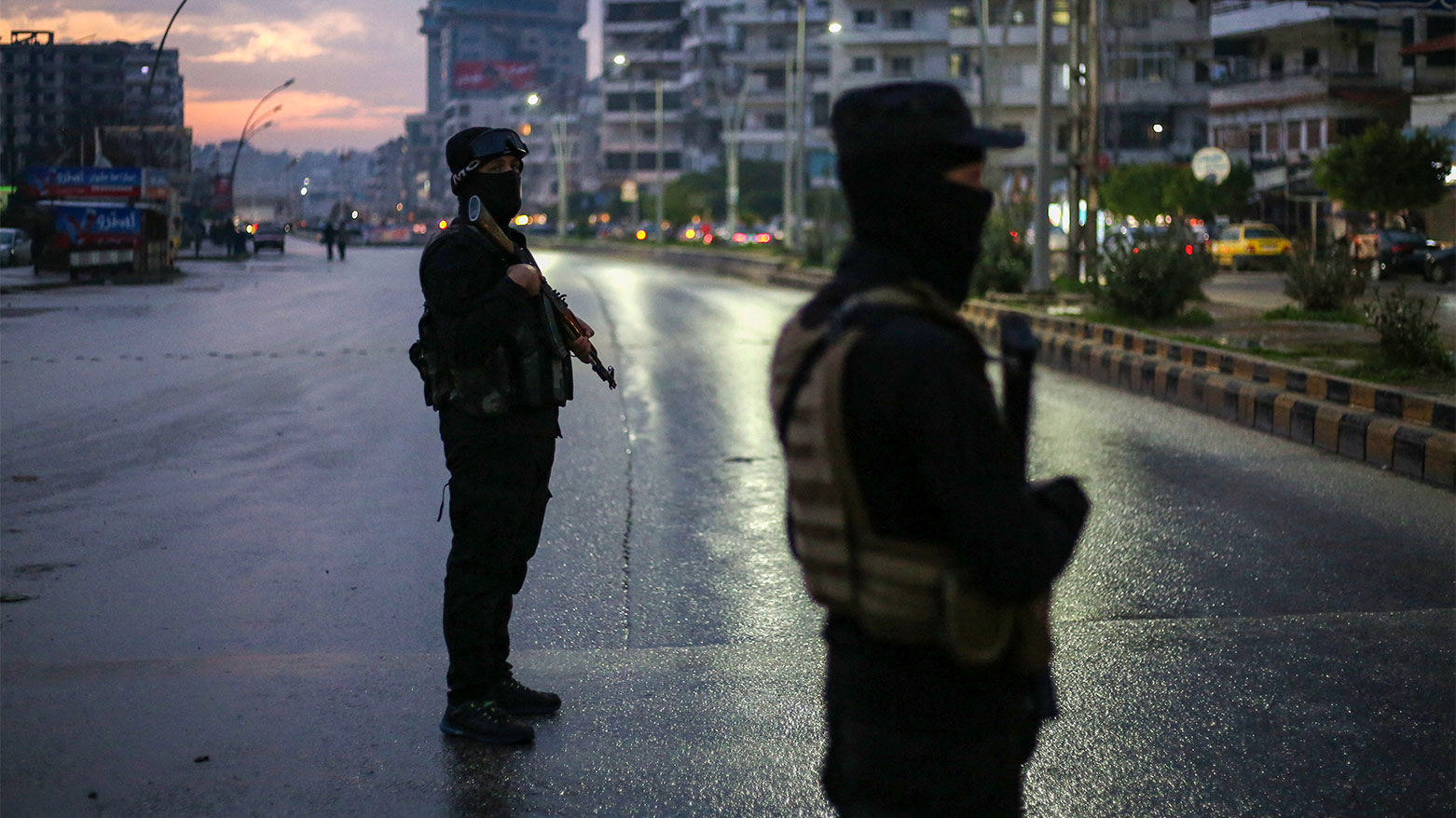New Syrian authorities detain 300 former regime personnel in nationwide sweep
The Syrian Observatory for Human Rights (SOHR) reported that the arrests took place across multiple regions, including Deir ez-Zor, Damascus and its countryside, Homs, Hama, Latakia, and Tartus.

Dec. 29, 2024
ERBIL (Kurdistan24) - The new authorities in Syria have imprisoned approximately 300 military personnel, regime loyalists, and security informants within a week as part of a campaign aiming at the remnants of ousted President Bashar al-Assad's militias.
The Syrian Observatory for Human Rights (SOHR) reported that the arrests took place across multiple regions, including Deir ez-Zor, Damascus and its countryside, Homs, Hama, Latakia, and Tartus.
The Observatory explained that the detainees were "security apparatus informants, armed Assad loyalist and pro-Iranian, and military personnel consisting of junior officers who were proven to have partaken in killing and torture operations."
The report specified that some individuals, found to have been involved in sending reports to the former regime, "were arrested and instantly executed," according to Agence France-Presse.
On Thursday, security forces linked to the new authorities began an extensive operation hunting former regime associates in the vicinity of Damascus, Latakia and Tartus (west), and Homs (central).
During the ongoing campaign, the Observatory reported that the new Syrian authorities "have not yet arrested any prominent figures" except for the former military judiciary chief, Mohammed Kanjo al-Hassan, who was responsible for field executions at the notorious Saydnaya Prison.
Armed groups led by Hayat Tahrir al-Sham started a lightning offensive in late November, capturing major cities before entering Damascus at dawn on Dec. 8.
The Syrian President fled the capital, thereby ending his family's rule that had lasted for more than half a century.
The new administration's General Intelligence chief, Anas Khattab, pledged to "restructure" the security system after disbanding all its branches, saying the Syrian people's suffering "from the injustice and dominance of the previous regime through its various security apparatus that spread corruption throughout the land and inflicted tragedies and wounds upon the people."
Syria saw more than a decade-long civil war which started in 2011. The protests were initially peaceful and were against the Assad regime; however, events and the Assad government’s reaction quickly turned violent after government forces responded with force.
The Assad family had ruled Syria since 1971, when Hafez al-Assad, Bashar's father, took power in a coup.
The latest developments denote a noteworthy change in Syria's political landscape, with the collapse of one of the Middle East's longest-standing authoritarian regimes.
Hayat Tahrir al-Sham, formerly known as the Nusra Front, has developed into a dominant force in the Syrian opposition, though its governance abilities and international recognition remain uncertain.